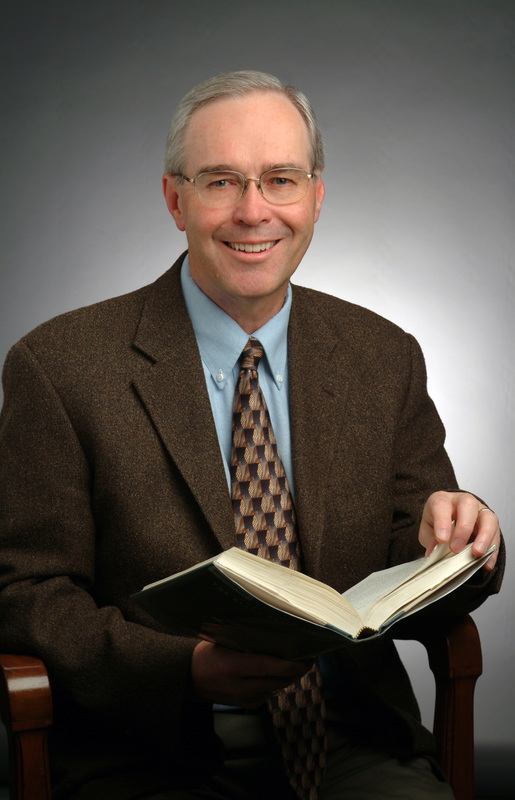This week, a direct comparison with our old “friend” Nebuchadnezzar, king of Babylon, reveals the absence of any moral compass. Just three verses before Chapter 3 begins, the king (I am very tired of typing Nebuchadnezzar!) declares, after Daniel has revealed the meaning of a dream the king had:
“Truly, your God is God of gods and Lord of kings, and a revealer of mysteries…” (2:47, ESV).
But then the king turns around immediately (Flip #1) and creates a giant golden image of himself, demanding that anyone refusing to worship his image will be thrown into a “burning fiery furnace” (3:6).
Not long after that, Daniel’s three friends are involved in “fake news” where they are accused of not worshiping the golden image as commanded by the king, so they must be thrown into the fiery furnace. But:
“Because the king’s order was urgent and the furnace overheated, the flame of the fire killed those men who took up…these three men, Shadrach, Meshach, and Abednego, [and they] fell bound into the burning fiery furnace” (3:22-23).
Perhaps a wiser king might wonder if a higher authority has begun to thwart his revenge?
You know the story. When the king looks into the furnace, instead of three incinerated bodies, he sees four men calmly walking around in the fire. So (Flip #2) the king not only worships the God of Israel, but demands that everyone in his kingdom no longer speak ill of this God of Israel on pain of death.
But then (Flip #3) the king does not take down the towering golden image of himself!
Soon the king has another dream, this one scarier than the first one, and he summons Daniel for the interpretation. Daniel advises the king that it is a decree from God, that the king will be driven into the wilderness to live like a wild animal…
“…till you know that the Most High rules the kingdom of men and gives it to whom he will” (4:25).
Daniel’s advice to the king is as sound as for any of us who begin to recognize that we are not walking in God’s grace – a call for sincere repentance:
“…let my counsel be acceptable to you: break off your sins by practicing righteousness, and your iniquities by showing mercy to the oppressed, that there may be perhaps a lengthening of your prosperity” (4:27).
A year later, the king has not taken Daniel’s advice, and while walking on the roof of the royal palace, master of all he surveys, he crows:
“Is not this great Babylon, which I have built by my mighty power as a royal residence for the glory of my majesty?’ While the words were still in the king’s mouth, there fell a voice from heaven, ‘O King…The kingdom has departed from you’” (4:30-31).
As promised, the king is driven out into the wilderness for a very long time until his senses finally return and his kingdom is restored. The suddenly repentant king concludes (Flip #4):
“Now I…praise and extol and honor the King of heaven, for all his works are right and his ways are just; and those who walk in pride he is able to humble” (4:37).
So in Cycle terms, is this a story of restoration? We do not know, because the king disappears from history here. But since his equally misguided son takes over in Chapter 5, I doubt it.
It is one thing to flip to praising God whenever we get in trouble, but quite another to flop back into disobedience by ignoring true sincere repentance, which is the only act that leads to forgiveness of sin through the blood of Jesus and then repentance.
I think the king exemplifies the conflicting poles of original sin that remains in all of us, caught in a cycle of unity with God, then disunity, then back and forth until at last we stand before Jesus, who died so that we might have restoration and eternal life.
We are more like the king than we would like to admit.
This Easter, the best question we can ask is: Do we really want God to see us as flippers and floppers?
Can we have it both ways?


 RSS Feed
RSS Feed